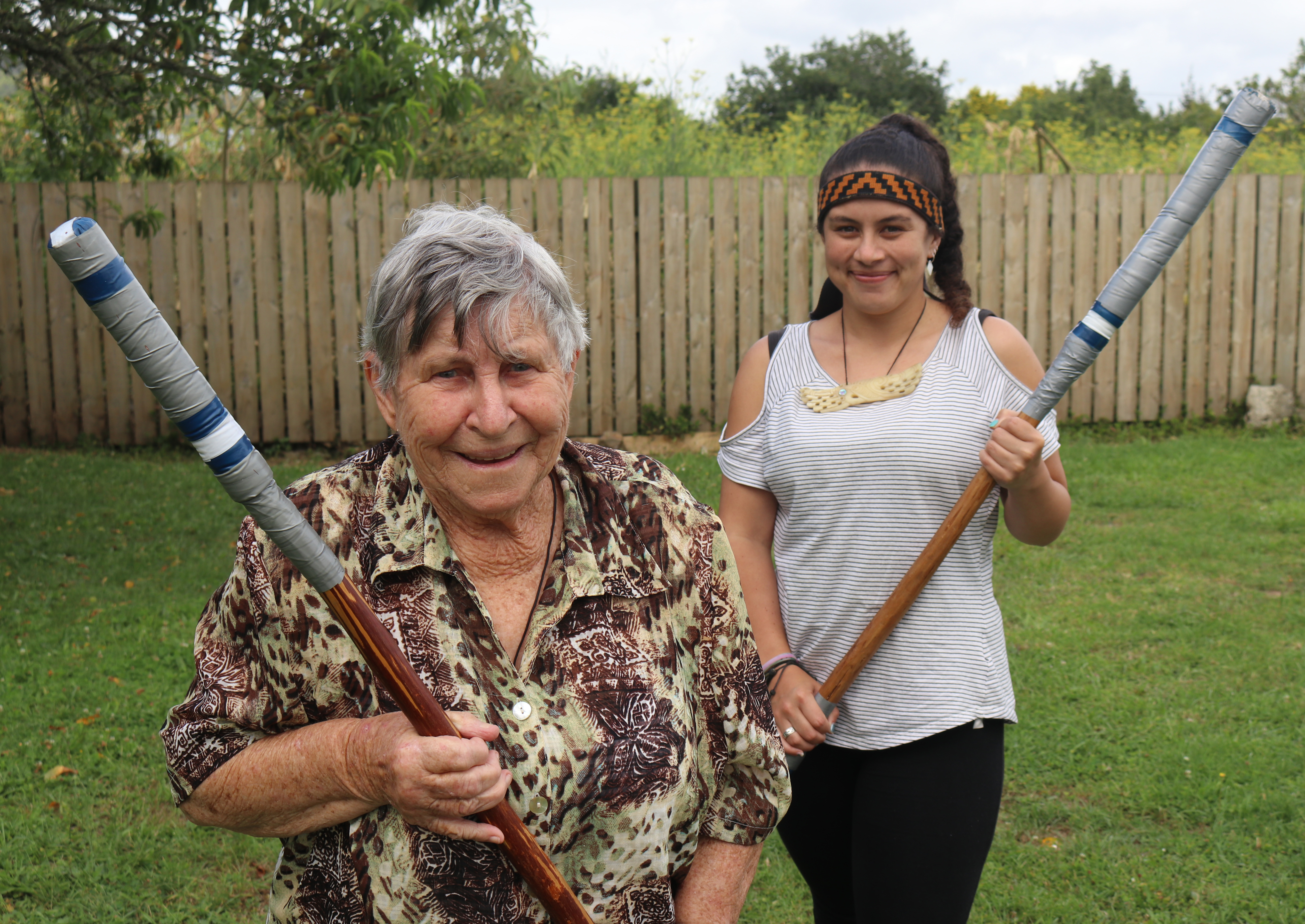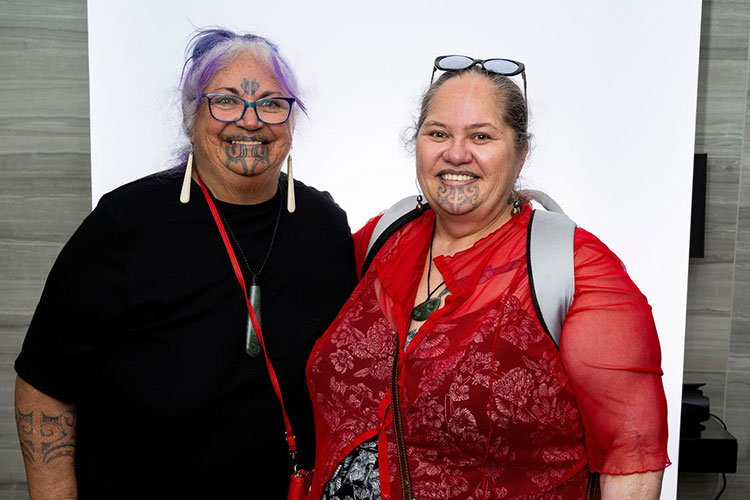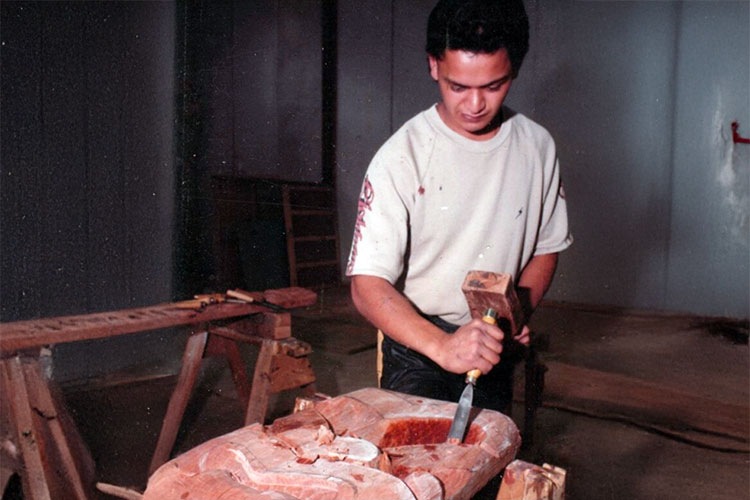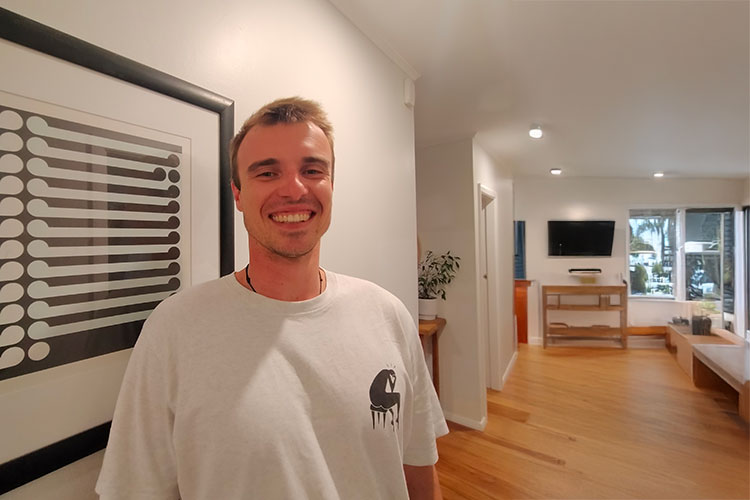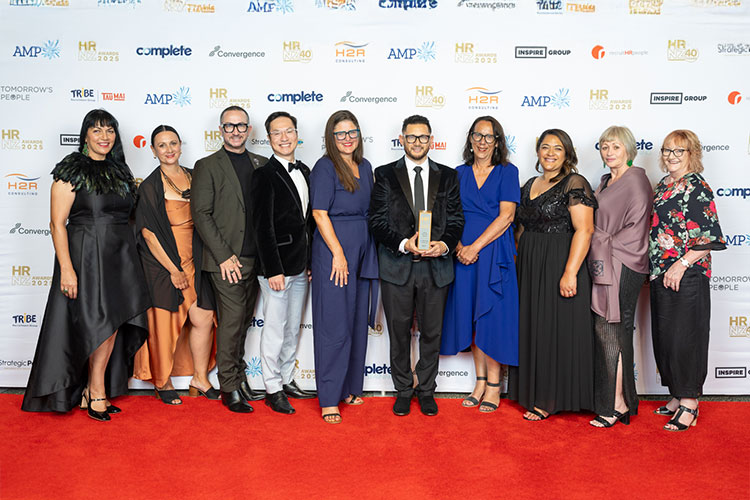Photo credit: The Northern Advocate
At 87-years-old, Valmai Whyte could be one of New Zealand’s oldest graduates from a tertiary education programme.
Valmai will graduate from Te Wānanga o Aotearoa in March with a Level 4 Certificate in Tū Taua.
Frail and dependant on a walking frame, Valmai was limited in completing the physical aspects of the 36-week programme that include stances, strikes, body movements, blocks and counters.
But the great-great-grandmother with 69 descendants – nearly all of whom are Māori –says the course gave her a greater appreciation of tikanga Māori after one of her mokopuna, Raerae Hemara, encouraged her to do the programme.
Raerae was also with TWoA stydying Te Arataki Manu Kōrero and Valmai would accompany her to noho marae on the weekends when she didn't have a noho of her own to attend.
“I’m quite chuffed really. I did the course and all the paperwork and really enjoyed it. I learned quite a bit and we visited eight different marae,” said Valmai.
“I didn’t really have much to do with marae before. One time I made a bit of a fool of myself because I didn’t know where to stand and my brother told me off in front of everyone. It made me want to learn more about the marae and what goes on.”
Born and raised in Ōtahuhu, Valmai’s formal education stopped when she left school at 14 to look after her whānau with her mother falling ill, just as World War II was about to end.
She worked as one of the cleaning staff at Middlemore Hospital for nearly 30 years and raised her family before moving to the Far North, but never had a chance to study further.
Raerae said the course was great for her nana, who would stay with the class as they trained, sometimes until 3am.
“And then she was up again with us at 6am at every wānanga. She was determined to stay with us and came to every meeting or training whether it was in Kaikohe or Whāngarei,” said Raerae.
“Before this she would stay at home and wouldn't go out anywhere, it was hard enough getting her to go get her hair cut … but once she was on this she was really looking forward to wānanga, and seeing everyone again. They all became her grandchildren too.”
Despite Valmai’s commitment to her study she is unsure whether she will continue with another programme this year. But she does recommend the Tū Taua course to others.
“Definitely. It helps Māori people to learn about their culture. It keeps young people off the street and gets them learning about their language, so I would recommend it.”
































